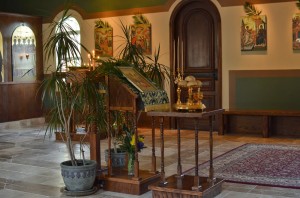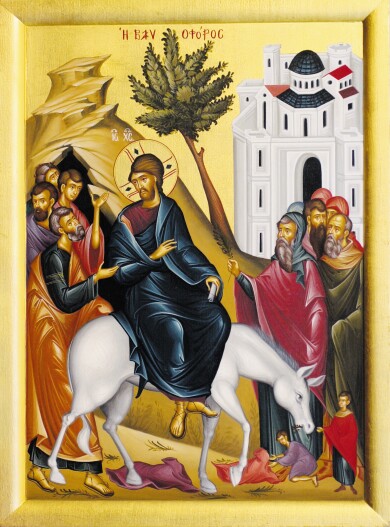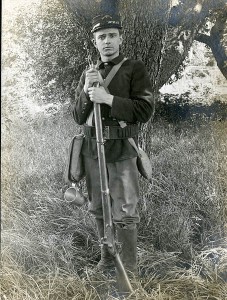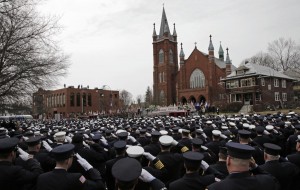
On a recent trip home to Quincy I decided to go for a walk so I set off with my trusty dog to Nut Island. Now I grew up in the Hough’s Neck section of Quincy named for pioneer and pilgrim (not in the Mayflower sense) Atherton Hough. This is a peninsula jetting out into Boston Harbor and Nut Island is at the very tip.
Since 1793 the island has really ceased to be an island in that a path was made from the shore to the island in those days, for cows to be able to cross to graze. Now the island is home to a wonderful park and the Headworks for the Deer Island Sewer Treatment plant, but Nut Island was not always a beautiful spot on the harbor.
The Island has had many names in history. According to the book The Houghs Neck Story [1] old maps have the name listed as Houghs Tomb and Hoff’s Thumb, both of these names harken back to the original owner of the land Atherton Hough who, interestingly enough, never lived on this land but rent it as a farm. Hough was a contemporary of John Cotton, John Wheelwright, and Anne Hutchinson and was part of the Antinomian controversy that resulted in the banishment of both Wheelwright and Hutchinson
Local legend says that the present name of “Nut Island” came from a nut tree that grew on the island.
The island was used for hunting and, as already mentioned, the grazing of animals. There is a story, reported by Thomas Morton in 1625, says that sailors leaving from Virginia could not haul rope until they reached 40 degrees latitude where they were revived by the pleasant odors of Nut Island – roses, herbs, sassafras, musk, rose balm, laurel and honeysuckle. Years later the smell from the island would not be so pleasant.
In the 1870’s the island was used to test artillery that would be fired across the harbor at Prince’s Head located on Peddocks Island. One of the gun makers that tested his guns on the island was Cyrus Alger from the Alger Gun Works in Boston. A remnant of his guns still remain, mounted in concrete, on the island. I remember playing on those guns when I was child.
The island also served as a place where many ships met their final stage of their life. When a ship had passed it useful stage they would be burned off the tip of the island. What could be salvedged would be and sold to the residents and many houses, still located in Houghs Neck today, were built with the fittings from those ships. One of the more famous ships burned was the Galena that was used by President Grant in his round the world journey.
In 1901 there were few fishermen’s huts located on the island as well as Peterson’s Lobster House, but that year a screenhouse for sewage was built. The sewage was transported by underground pipe and the screen would separate the solids from the liquid, that would continue to pass to the harbor. This was the start of what would be affectionately known as the “Pumpy” for a generation or two of residents of Houghs Neck.
The “Pumpy” was opened in 1951 serving 23 communities and process and treat the raw sewage. Many a day of my youth was spent with nostrils burning from the smell of raw sewage and at night a flame could be seen from the island indicating the burning off the methane gas. This lead to a local group writing a song called the Nut Island Blues:
There’s a flame in the night
Like a million gas lights,
And it lights up the bubbling brew.
There’s an ill wind that blows
Every Houghs Necker knows,
They’re pumping the Nut Island Blues. [2]
Maintained by the Massachusetts Water Resources Authority and the Boston Harbor Islands, as well as many dedicated locals, the Island has been transformed. It now serves mainly as a pumping station moving the sewage across the harbor to the Deer Island Sewer Treatment Plant and thanks to efforts of many residents the island has been transformed into a wonderful park with walking trails around the island.
If you find yourself in Quincy, take a drive out to Nut Island, there are some amazing views of the Boston Skyline and who knows, you might a fisherman willing to give you a flounder from his catch.
____________________________
[1] Dorothy T. Lang and Ruth H. Wainwright, The Houghs Neck Story and Altherton Hough Puritan’s Progress, 1981
[2] Words and Music by Mike Cotter, Seabright Recording







